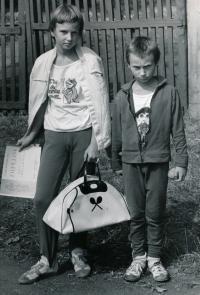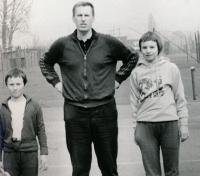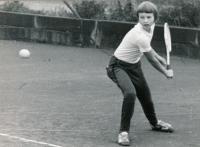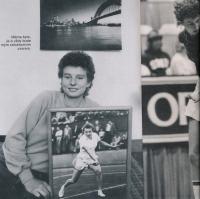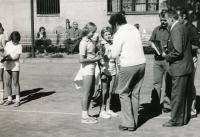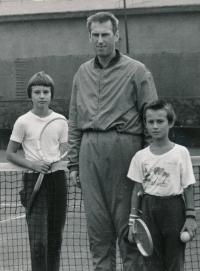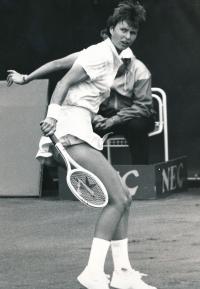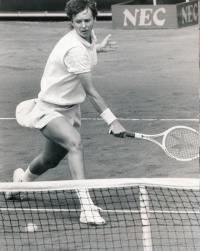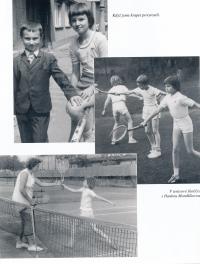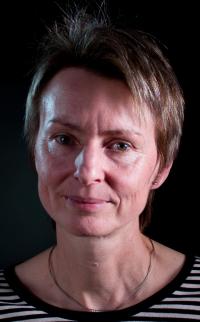I did not give any thought to what would happen after my career
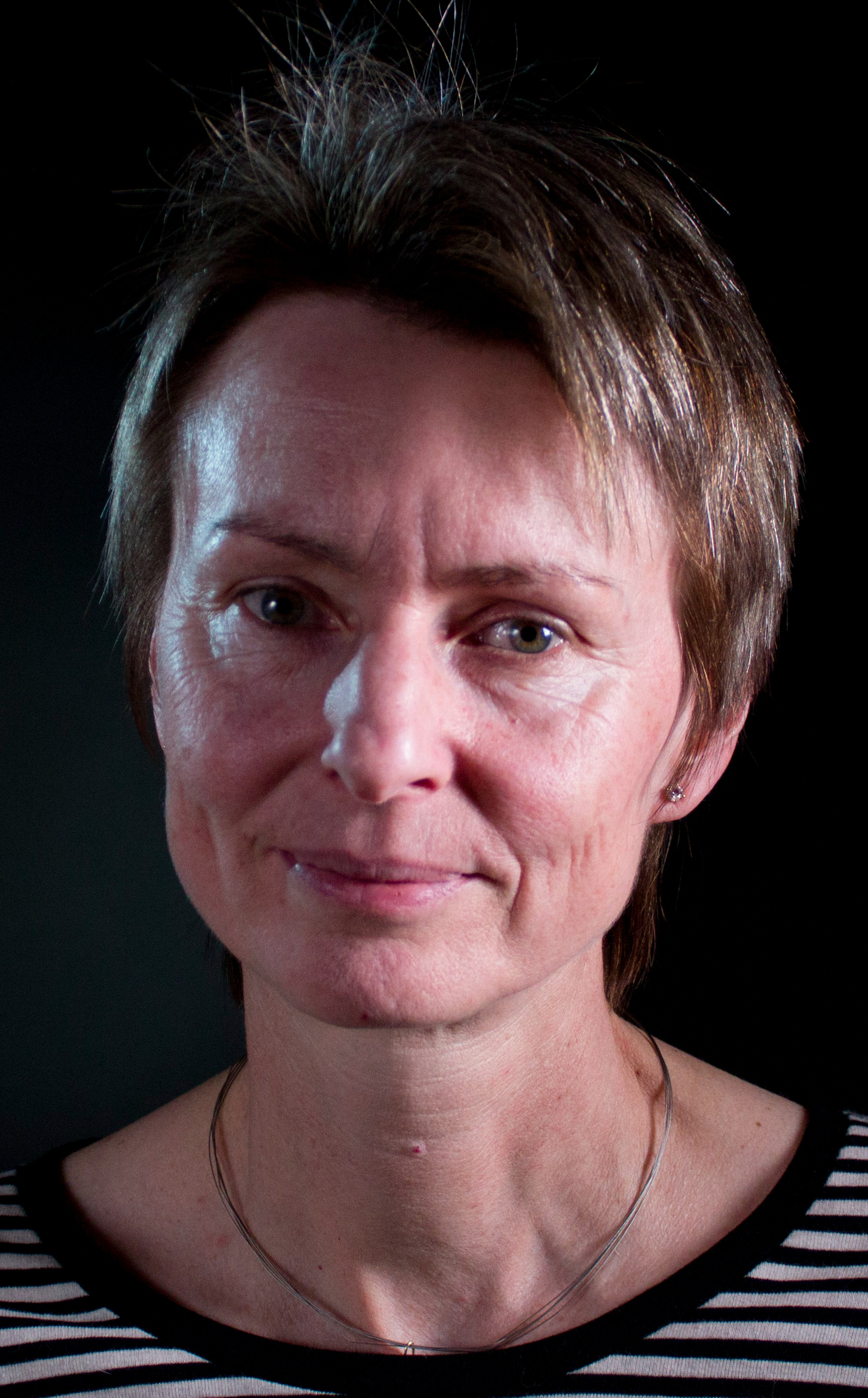
Download image
Helena Suková was born on 23 February 1965 in Prague to a tennis family. Her mom was a former Wimbledon finalist, her father Cyril later became director of the Czech Tennis Association, and her brother Cyril was also an outstanding player. Helena thus started going to tennis courts as a child and ever since her early years was among the best players in Czechoslovakia. Because of that she had the opportunity to travel to foreign tournaments, following an individual study-plan at a grammar school and graduating with a year’s delay. Helena’s mother died when Helena was only seventeen years old. This event has had an impact on Helena. After high-school, Helena decided to focus on her sport career. She had been at the top of her game at the time of the undergoing political changes in Czechoslovakia, being even ranked world No. 1 in doubles in 1990. In doubles, she had altogether won nine Grand Slams as well as two silver medals from Olympic Games. Nevertheless, she moved to Monaco in 1989 already since provided better conditions for training. She concluded her career in 1998, later undertaking a difficult transition to sportless life. While looking for options to fill in all the vacant time, she eventually decided to study psychology. Professionally, Helena has focused on the issue of top-level sporstpersons‘ preparation for post-career life. After graduating from university, Helena became a clinical psychologist, working mostly with sportspeople. She lives in Monaco and Prague.

